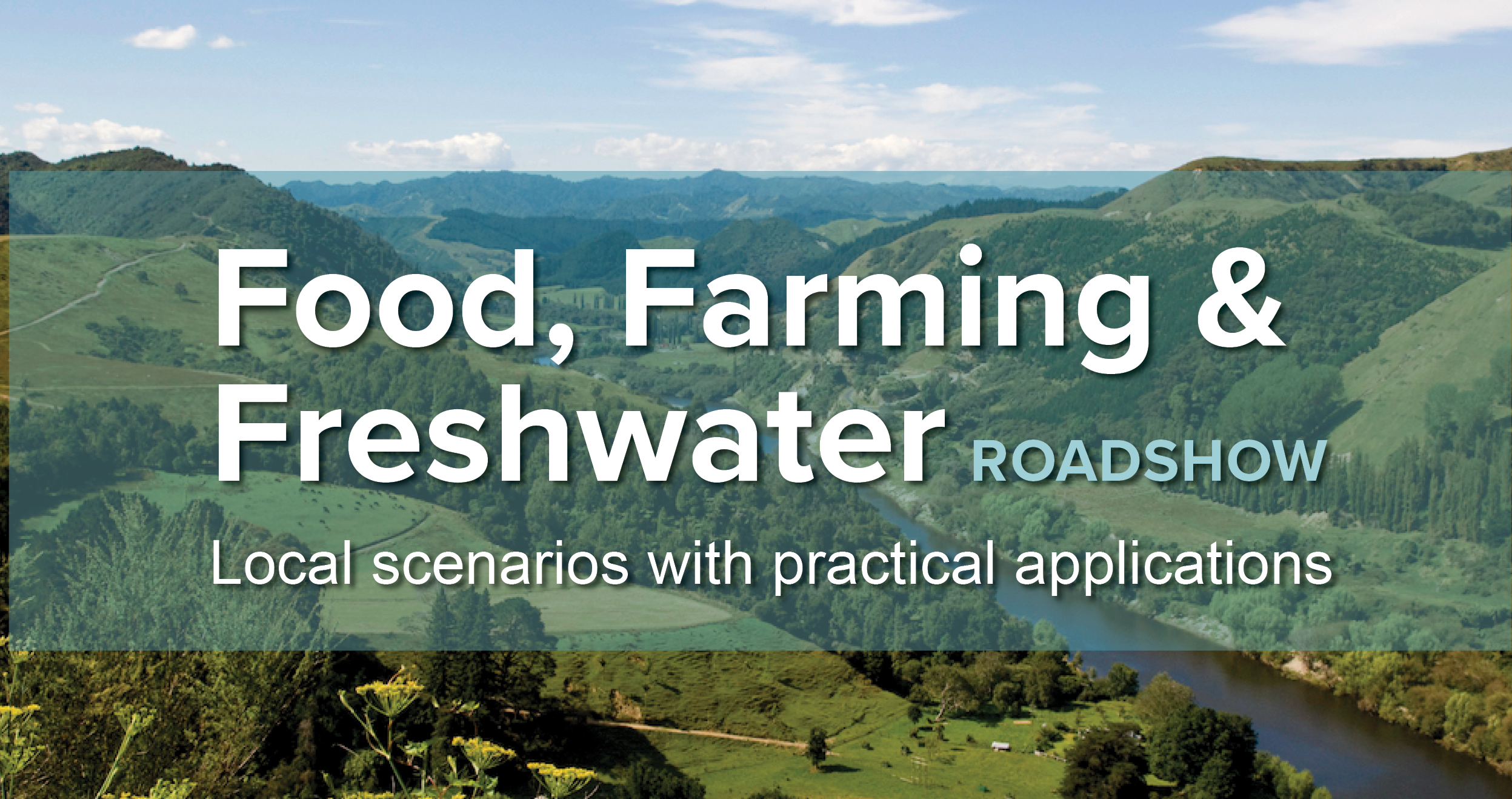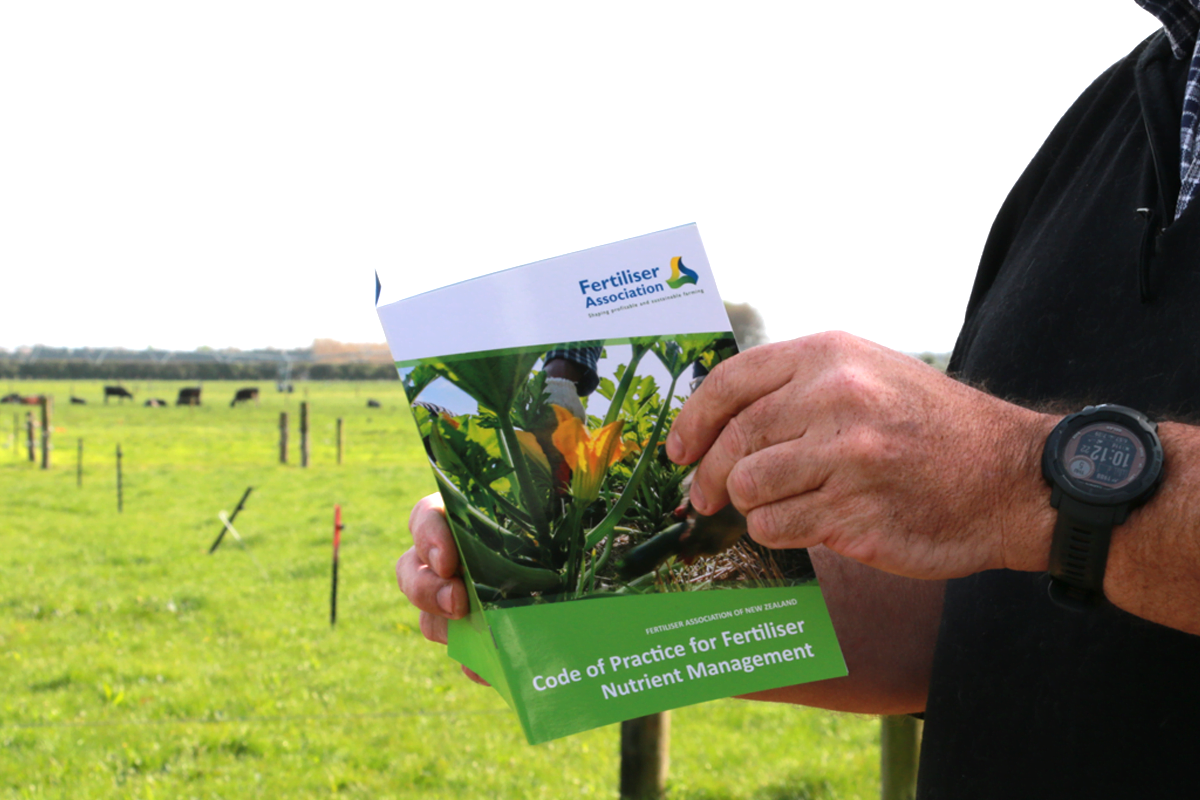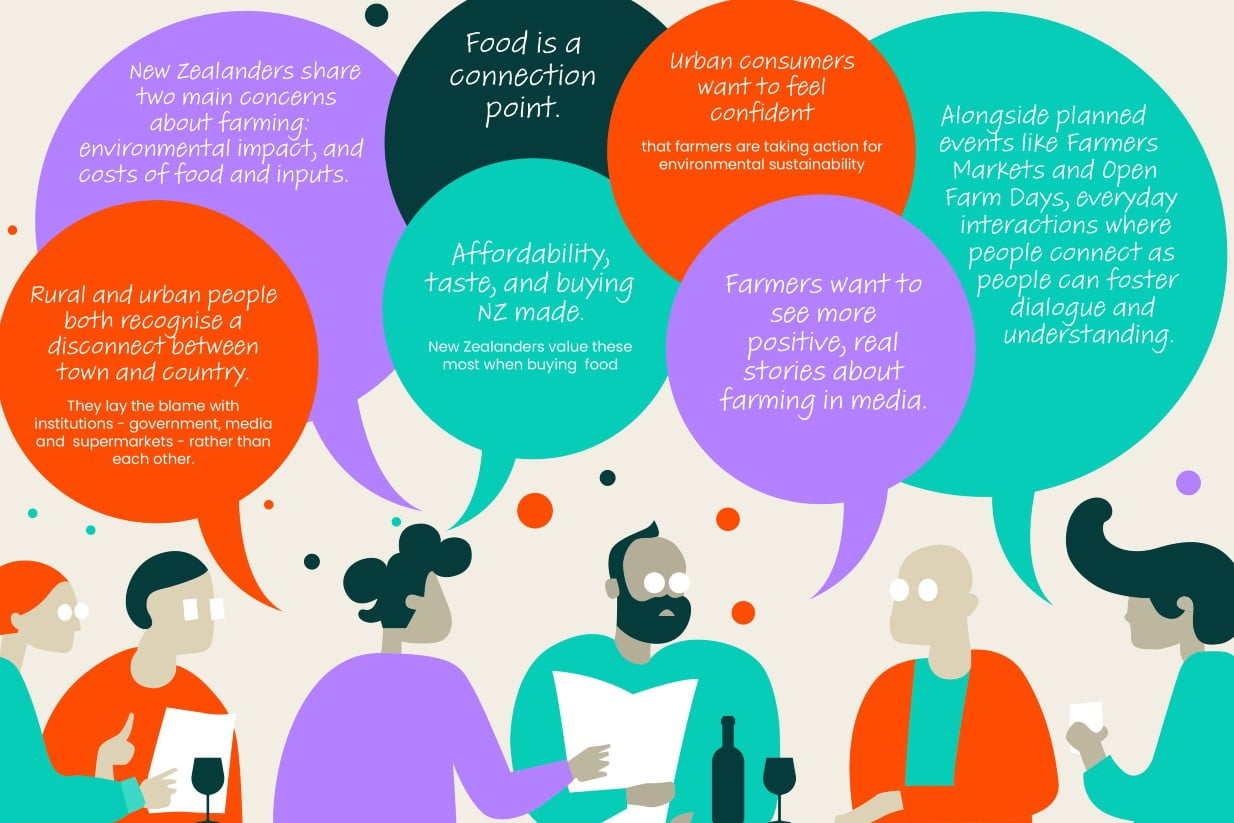Enabling collaborative practices
April 2022
Publication: Enabling collaborative practices (book published by Institute of Environmental Science and Research Limited, April 2022)
Author(s): Graeme Nicholas, Maria Hepi, Wayne Duncan
What conditions, capabilities and capacities influence the success of collaborative processes? This paper summarises the methodology and findings of research to discover key factors affecting collaborative processes by looking through the eyes of those practicing what they recognise as collaborative practice.
The paper treats practitioners as co-creating, with the researchers, knowledge on collaborative practice to guide contested land and water decisions. Collaboration is viewed as an emergent social practice rather than as a method or technology, and draws on three sources of information to develop a model of critical variables for constructive collaborative practice: immersion in collaborative practice, in-depth interviews and a sense-making workshop with practitioners. The resulting model follows logic used by Ostrom’s modelling of attributes and variables of diverse social-ecological systems. We augment the social practice theory of Shove, Pantzar and Watson to model critical variables for collaborative practice under four headings: materiality, competence, meaning and history. Finally, the paper discusses implications and relevance of the model.
This paper appeared in a book published by Institute of Environmental Science and Research Limited, April 2022
From a book published by Institute of Environmental Science and Research Limited
 View Our Strategy Document 2019 – 2024
View Our Strategy Document 2019 – 2024



